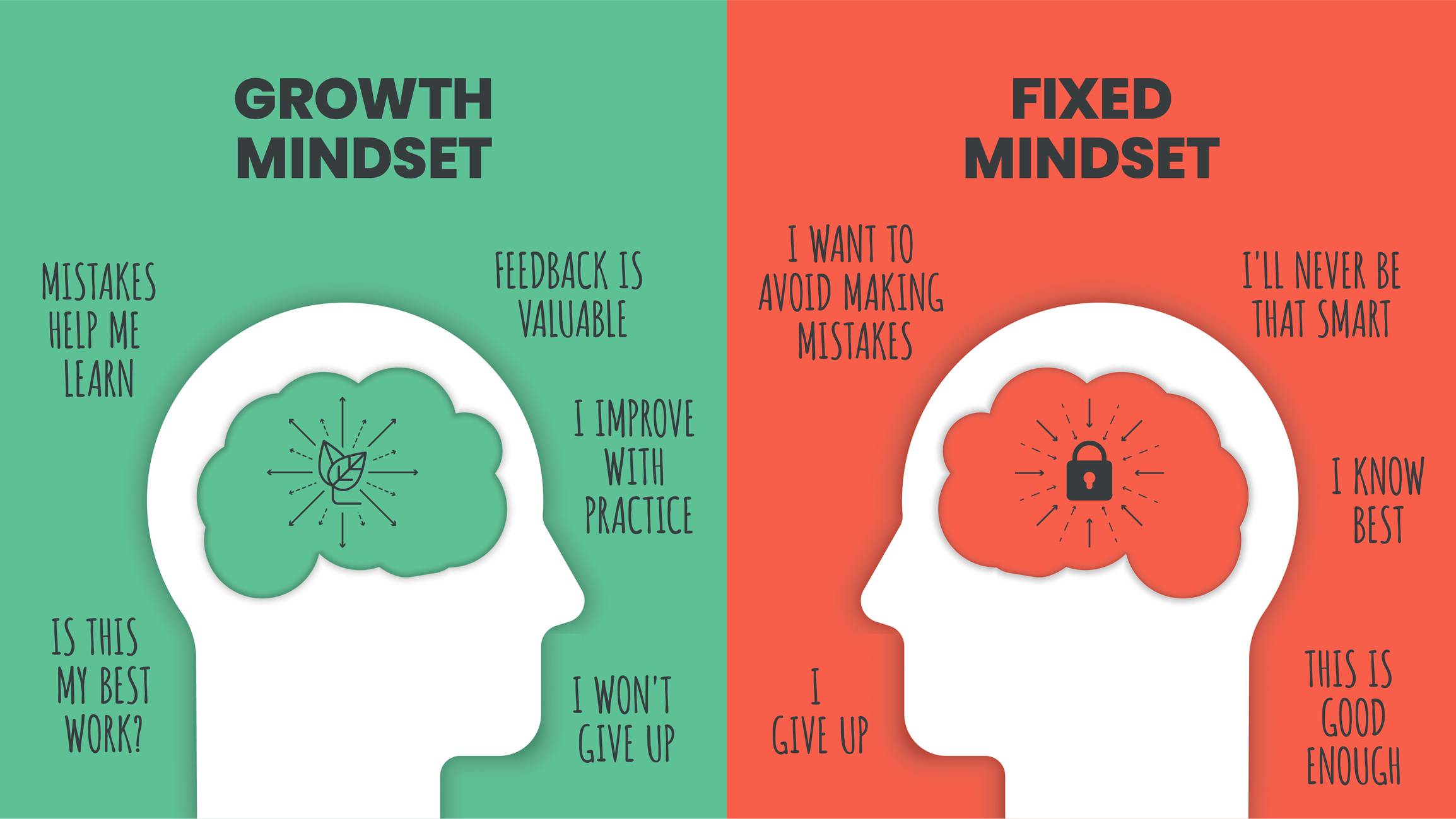What do we mean by trust vs loyalty in career decisions?
We often talk about “trust” and “loyalty” but rarely when it comes to our careers.
Understanding the difference between trust vs loyalty in career decisions is crucial for any professional.
Yet recently, I came across a brilliant post by Rachel Botsman, a leading thinker on trust, that made me realise just how relevant these ideas are to the way we work. See more about Rachel’s work here and her article about trust vs loyalty in branding here.
Botsman draws a simple but powerful distinction:
Trust = confidence
Loyalty = commitment
She explains that trust is what gets us to try something for the first time – to believe in a product, a company, or a leader. Loyalty, on the other hand, is what keeps us coming back. It’s built through repeated experiences, shared values, and a sense of belonging.
This is particularly true in discussions about trust vs loyalty in career decisions, where trust fosters exploration while loyalty often solidifies commitment.
Botsman points out that trust without loyalty is transactional – we’ll stay only until something better comes along.
And loyalty without trust can become blind – sticking with something even when it no longer deserves our commitment.
That distinction feels particularly relevant to the way many of us think about our careers.
Trust in your career: confidence in your work
When we start a new job, we trust that the role will challenge us, that the organisation’s values will align with ours, and that our efforts will be recognised. We trust that we’ll grow. This trust is what gives us the confidence to take a chance, to step into something new, and to believe this role or company will support our ambitions and wellbeing. However, trust isn’t static. Over time, it’s either strengthened through experience or can be quietly eroded. Maybe the company’s direction changes. Maybe the promises made in the interview don’t match the reality. Maybe you find yourself saying, “This just isn’t me anymore.”
Loyalty in your career: commitment to something bigger
Even if trust has eroded, loyalty can keep you there.
The concept of trust vs loyalty in career decisions can guide you in evaluating your work environment.
It’s the voice that says, “They’ve been good to me,” or “I can’t walk away now, I owe them,” or “I’ve invested so much in this career.”
Loyalty reflects care, integrity, and a willingness to invest in something beyond yourself. But loyalty can be detrimental if it outlasts trust.
You might keep going through the motions even when the work feels hollow. You might downplay your own needs because it feels selfish to want more. You might tell yourself that others would kill for your job, so you should be grateful.
That’s when loyalty becomes less about commitment and more about fear of change.
Loyalty without trust: when staying starts to cost you
Think of loyalty without trust as staying in a relationship where something fundamental has broken. You may still care, but the confidence that things will change has gone.
Reflecting on trust vs loyalty in career decisions is essential when considering your future.
You can see this in workplaces everywhere:
- People who stay because it’s “too late” to move.
- Professionals who no longer believe in their company’s mission but stay out of habit or obligation.
- Teams who are burnt out but keep going because “it’s just what we do here.”
This kind of loyalty can eat away at energy, confidence and creativity. It often leads to the kind of slow burnout that creeps up unnoticed. It’s a powerful example of trust vs loyalty in career decisions – the moment when confidence has gone, but commitment keeps you stuck.
Rebuilding trust or redirecting loyalty
Therefore, recognising trust vs loyalty in career decisions can empower you to make informed choices.
So what’s the alternative?
Healthy loyalty is built on trust not blind allegiance. It comes from choosing to stay because your work still feels aligned with who you are and what you value.
If you realise that trust has faded, there are two paths:
-
- Rebuild it by having honest conversations, reshaping your role, or finding new meaning within the same organisation.
- Redirect it by recognising that your loyalty may now belong somewhere else: to your own growth, to a different cause, or to the next chapter of your career.
In doing so, you’ll realise the importance of trust vs loyalty in career decisions as you navigate your professional path.
Leaving doesn’t have to mean disloyalty. Sometimes it’s the most honest expression of loyalty there is – to yourself, your values, and the quality of work you want to do.
From brand loyalty to career alignment
Rachel Botsman says that loyalty in branding deepens when people feel part of something bigger than a transaction. The same is true of work. The most fulfilling careers are those where your daily actions connect to something meaningful – a purpose, a set of values, or a community you care about. That’s what turns work from a transaction into something relational and meaningful.
You don’t have to stay loyal to a job that no longer earns your trust but you can always stay loyal to your values – to what you stand for, to the difference you want to make, and to the kind of person you want to be at work.
A reflection on trust vs loyalty in career decisions
This journey often involves navigating the complexities of trust vs loyalty in career decisions.
Ask yourself:
- Do I still trust my work to serve me well?
- If not, what would it take to rebuild that trust, or where might I need to redirect my loyalty instead?
When trust and loyalty work together, that’s when your career becomes not just sustainable but deeply satisfying.
In conclusion, understanding trust vs loyalty in career decisions allows for a more fulfilling work life.
Understanding trust vs loyalty in career decisions helps you recognise when it’s time to rebuild, realign, or release your commitment and stay loyal to your values above all else.
In this way, you will be well-equipped to address trust vs loyalty in career decisions effectively.
Struggling to see how to take your next step? Here’s what I offer in my coaching and part of the process involves understanding trust vs loyalty in career decisions.
See here for how to articulate your value.










